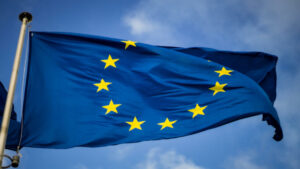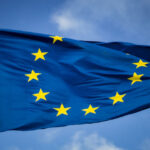
The EU Council and European Parliament yesterday (21 June) reached a provisional political agreement on the corporate sustainability reporting directive (CSRD). The proposal aims to address shortcomings in the existing rules on disclosure of non-financial information, which was of insufficient quality to allow it to be properly taken into account by investors. Such shortcomings hinder the transition to a sustainable economy.
Bruno le Maire, Minister for economic affairs, finance and industrial and digital sovereignt: “This agreement is excellent news for all European consumers. They will now be better informed about the impact of business on human rights and the environment. This means more transparency for citizens, consumers and investors. It also means more readability and simplicity in the information provided by companies, who must play their full part in society. Greenwashing is over. With this text, Europe is at the forefront of the international race to standards, setting high standards in line with our environmental and social ambitions.”
What are the new rules?
The corporate sustainability reporting directive amends the 2014 non-financial reporting directive. It introduces more detailed reporting requirements and ensures that large companies are required to report on sustainability issues such as environmental rights, social rights, human rights and governance factors.
The CSRD also introduces a certification requirement for sustainability reporting as well as improved accessibility of information, by requiring its publication in a dedicated section of company management reports.
The European Financial Reporting Advisory Group (EFRAG) will be responsible for establishing European standards, following technical advice from a number of European agencies.
Who will be covered by the directive?
EU rules on non-financial information apply to large public-interest companies with more than 500 employees and to all large companies and all companies listed on regulated markets. These companies are also responsible for assessing the information at the level of their subsidiaries.
The rules also apply to SMEs, taking into account their specific characteristics. An opt-out will be possible for SMEs during a transitional period, meaning that they will be exempted from the application of the directive until 2028.
For non-European companies, the requirement to provide a sustainability report applies to all companies generating a net turnover of EUR 150 million in the EU and which have at least one subsidiary or branch in the EU. These companies must provide a report on their ESG impacts, namely on environmental, social and governance impacts, as defined in this directive.
Who ensures the quality of reporting?
Reporting must be certified by an accredited independent auditor or certifier. To ensure that companies comply with the reporting rules, an independent auditor or certifier must ensure that the sustainability information complies with the certification standards that have been adopted by the EU. The reporting of non-European companies must also be certified, either by a European auditor or by one established in a third country.
From what date will the rules apply?
The application of the regulation will take place in three stages:
1 January 2024 for companies already subject to the non-financial reporting directive;
1 January 2025 for companies that are not presently subject to the non-financial reporting directive;
1 January 2026 for listed SMEs, small and non-complex credit institutions and captive insurance undertakings.
Next steps
The provisional agreement reached today is subject to approval by the Council and the European Parliament.
From the Council’s side, the provisional political agreement is subject to approval by the Permanent Representatives Committee (Coreper), before going through the formal steps of the adoption procedure. The directive will enter into force 20 days after its publication in the Official Journal of the European Union.



